To get some idea of John McIntosh’s football prowess we need only read a sentence written by The Sun’s Barrie Bretland: “Small men envy his pace, medium sizers his touch, and he can mark with the VFL’s tallest”.
John McIntosh passed away at the age of 77 on October 16 after a long battle with leukemia.
McIntosh played just 51 games with the Saints from 1970 until 1972 when a knee injury cut his career short. In that all-too brief time he ran second in a Brownlow Medal count and made a huge impact.
Originally from the WA country town of Beverley, he came to St Kilda from Claremont with a reputation of being the best ruckman to come out of WA since Polly Farmer. At 191cm tall, he could easily turn his hand to playing at centre half-forward or centre half-back
He was the complete footballer without a flaw in his game and on the field gave the impression he was always calm under pressure. He said with a laugh in the book Heroes with Haloes that he “had always been pretty cool, bordering on slack perhaps!”
St Kilda tried for ages to woo him from Western Australia where he represented that state 18 times. He signed with St Kilda after a brilliant 1966 State Carnival where he ran third in the Tassie Medal and was awarded the Simpson Medal as best WA player. In later years, he admitted that he had heaps of regrets about not coming to Victoria earlier than he eventually did in 1970 at the age of 26. By then, he had played 143 games with Claremont where he had won two best and fairests.
The Saints’ hold on him lapsed after two years but he felt he owed them loyalty after having originally signed with the club. He had also not been able to get a transfer in his job any earlier.
Playing in the top competition was the stimulus he needed. “The intensity was greater and the desire to beat better players was there. I have always been a pride person. I’ve had my bad days and my good days, but there weren’t too many blokes I could look back and think that they gave me a hiding.”
He instantly became a key part of the Saints team and those doubters who thought he had left it too late to start a VFL career were instantly silenced. His first season saw him run fifth in the Brownlow and the next year he was equal runner-up. With Barry Davis and Peter Hudson, he finished three votes short of former Saint Ian Stewart who was then with Richmond. In the days before state of origin, McIntosh played a game for Victoria in 1971
In 1970 he played in the semi-final and was disappointed with his form, then was part of the preliminary final team which was thrashed and left no one with any satisfaction.
The 1971 semi-final ended disastrously when he tried to shepherd an opponent and his foot copped the full impact. “I was never a chance of making it back for Grand Final. The following season in the fourth game I contested a ball-up and my foot stuck between Len Thompson’s legs. My body went one way and the leg went the other.”
The surgeon wanted to carry out an operation that he had only seen once in America, but McIntosh did not like the notion of being a guinea pig with a proposed deep incision from the back of his leg. Back in 1965 he had a cartilage removed in WA, but it was not a contributing factor to the knee injuries he suffered in 1971 and 1972. After his footy was over he would have further surgery in later years.
Despite the early end to his football, McIntosh loved his time in Victoria and only had one regret – that he didn’t get the chance to play more often at centre half-back. He was proud of the fact that he was rated best afield in each of the three times he played the key defensive role and prompted the great Royce Hart to say at three-quarter time “How about letting me have a kick!”
In later years he recommended his son Ashley to St Kilda but nothing came of it. Ashley would become a magnificent defender for West Coast, racking up 242 games and playing in the flag sides of 1992 and 1994. John McIntosh’s father, Dave, had played 56 WAFL games with East Perth so the family spanned three generations in WA football.
John McIntosh’s 51 VFL games were well short of his son’s tally, but they were enough to ensure he would never be forgotten.


